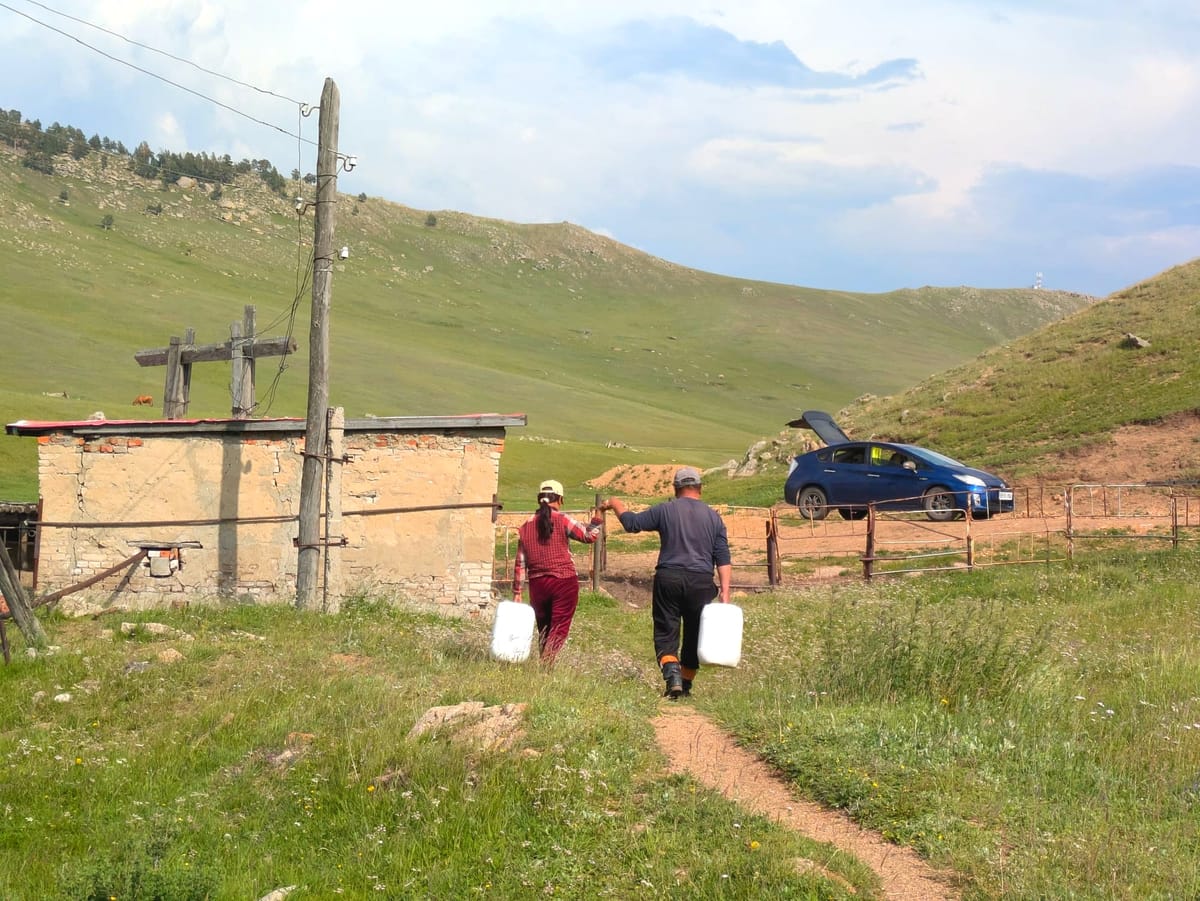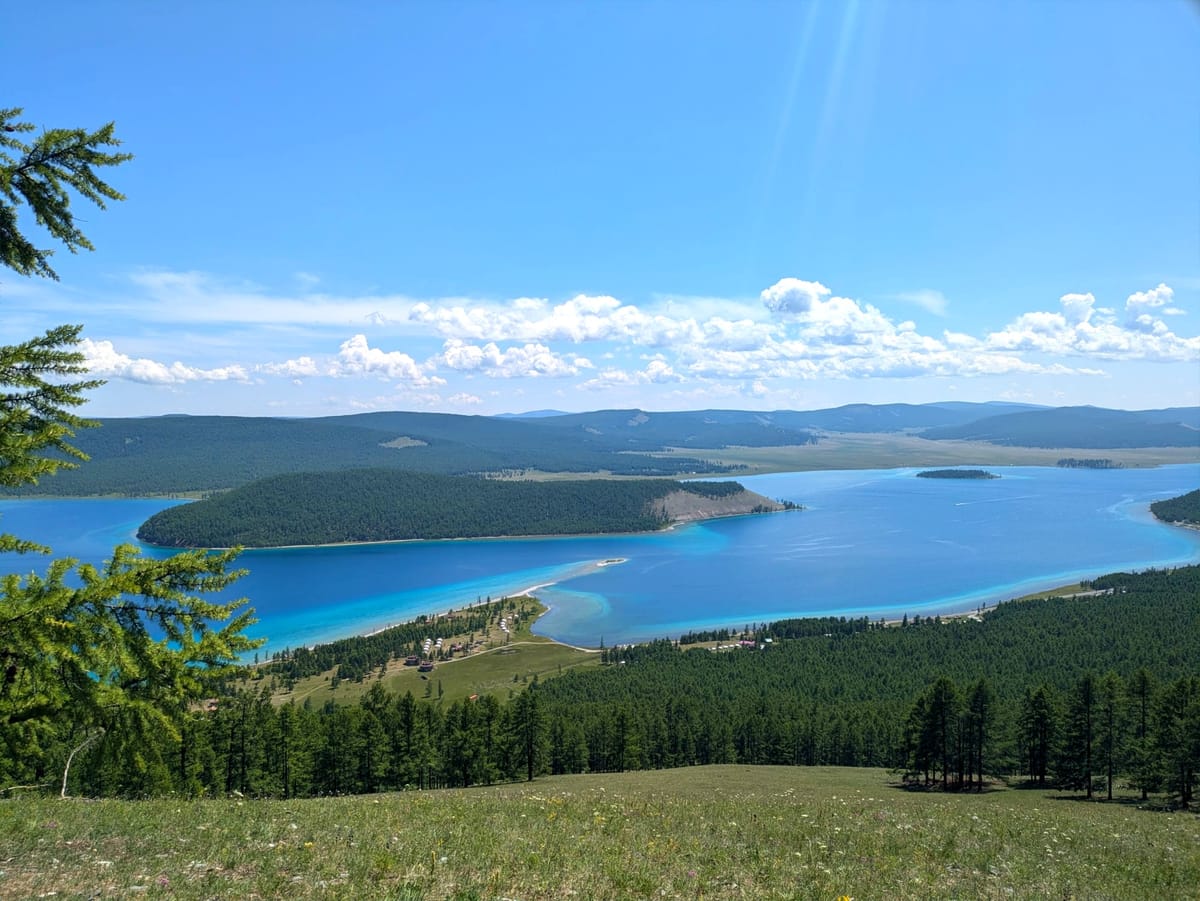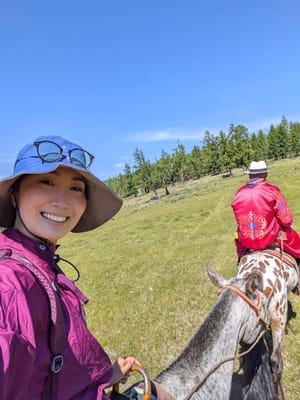単語 (Vocabulary)
自然・動物 (Nature & Animals)
- 草原 (そうげん) - Grassland
- 湖 (みずうみ) - Lake
- 砂漠 (さばく) - Desert
- ラクダ - Camel
- 羊 (ひつじ) - Sheep
文化・生活 (Culture & Lifestyle)
- 遊牧民 (ゆうぼくみん) - Nomad
- 祭り (まつり) - Festival
- 伝統 (でんとう) - Tradition
- 衣装 (いしょう) - Costume
- 風習 (ふうしゅう) - Custom
- 薄い (うすい) - Thin
- 生地 (きじ) - Fabric
- 初対面 (しょたいめん) - First meeting
- 喫煙者 (きつえんしゃ) - Smoker
- 外食 (がいしょく) - Eating out
言語・書記 (Language & Writing)
- 縦書き (たてがき) - Vertical writing
旅行・交通 (Travel & Transportation)
- 国際空港 (こくさいくうこう) - International airport
- 直行便 (ちょっこうびん) - Direct flight
- 首都 (しゅと) - Capital city
- 日帰り (ひがえり) - Day trip
- 国立公園 (こくりつこうえん) - National park
- 飛行 (ひこう) - Flight
- 市内 (しない) - City area, City center
- 乗馬 (じょうば) - Horseback riding
経済・通貨 (Economy & Currency)
- 通貨 (つうか) - Currency
- 物価 (ぶっか) - Cost of living, Prices
- 円安 (えんやす) - Yen depreciation
安全・治安 (Safety & Security)
- 安全性 (あんぜんせい) - Safety
- 治安 (ちあん) - Public security
- 酔っ払う (よっぱらう) - To get drunk
施設・設備 (Facilities & Utilities)
- 博物館 (はくぶつかん) - Museum
- 蛇口をひねる (じゃぐちをひねる) - To turn on the faucet
- 飲料水 (いんりょうすい) - Drinking water
会話の話題 (Conversation Topics)
夏休みに行ってみたい旅行先はどこですか?理由も教えてください。
Where would you like to travel during summer vacation? Please tell me the reason.
海外旅行を計画するとき、重要視するポイントは何ですか?(例:費用、目的地の安全性、文化的な体験など)
When planning an overseas trip, what factors are most important to you? (e.g., cost, safety of the destination, cultural experiences, etc.)
異文化に触れるアクティビティに興味がありますか?どんなものに挑戦したいですか?
Are you interested in activities that involve experiencing different cultures? What kind of activities would you like to try?
旅行先での安全対策について何か心がけていることはありますか?
Do you have any safety measures that you keep in mind when traveling?
日本以外で興味のある国や文化はありますか?その理由も教えてください。
Are there any countries or cultures outside of Japan that interest you? Please share your reasons.
モンゴルに行きたくなりましたか?
Do you feel like visiting Mongolia now?
View the English summary of this episode
In this episode, I talk about my experience traveling to Mongolia during summer vacation. When you think of Mongolia, what comes to mind? Perhaps vast grasslands, horses galloping freely, or nomadic people living with their livestock. Mongolia is famous for its nomadic culture, where people move from place to place with their animals depending on the season.
There were three main reasons I chose to travel to Mongolia. First, there was a direct flight from Osaka’s Kansai International Airport to Ulaanbaatar, Mongolia’s capital, which only takes about 4 to 5 hours. I hadn’t been on a plane in a while, so this seemed like the perfect distance for my first international trip in a long time. Second, I was really interested in the nomadic culture. Having experienced a bit of the “digital nomad” lifestyle myself, I was curious to see how traditional nomads lived. Third, several people I know, especially Japanese friends, had recommended Mongolia as a great destination.
In the episode, I also share some general knowledge about Mongolia and what I personally experienced. For example, Mongolian is the official language, and it uses both the Cyrillic and traditional Mongolian scripts. I found out that Mongolian grammar is quite similar to Japanese, which makes it easier for Japanese speakers to learn. Additionally, I noticed that many Mongolians also speak Russian, English, and even Korean, which surprised me.
I also discuss practical aspects like currency and prices. The currency in Mongolia is the Tugrik, and I was pleased to find that credit cards are widely accepted, so I rarely needed to withdraw cash. Prices in Mongolia were comparable to Japan, which was surprising. For example, a 500ml bottle of water costs about the same as in Japan, and dining out wasn’t much cheaper either.
I participated in various activities during my trip, including living with a nomadic family for five days, attending the Reindeer Festival near a beautiful lake, horseback riding, and visiting a national park. Although I didn’t get the chance to visit the Gobi Desert, I learned that you can ride camels there.
Regarding safety, I traveled alone and felt quite safe throughout my trip. Even at night, I didn’t encounter any dangerous situations. The only culture shock I experienced was that people, including shop staff, rarely smiled. It’s a cultural difference I hadn’t expected, especially after visiting places like Hawaii, where friendliness and smiles are the norm.
Lastly, I talk about food. When staying with the nomadic family, I ate mostly mutton—twice a day, every day. Vegetables were scarce, and the only ones I had were potatoes and onions. This was quite challenging for me, as I’m not used to eating so much meat and usually eat a lot of vegetables. I’ll share more about traditional Mongolian cuisine and what young people eat in the next episode.
Thank you for listening, and I hope you tune in next time!




